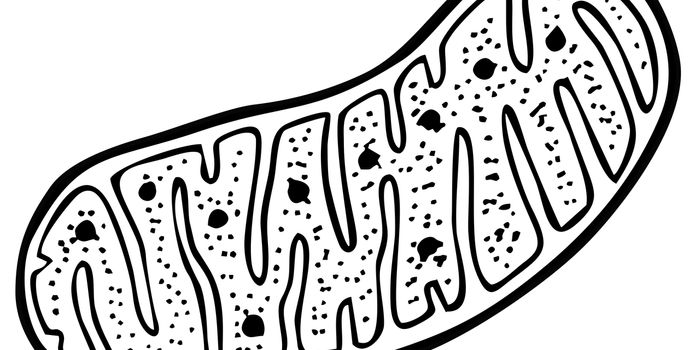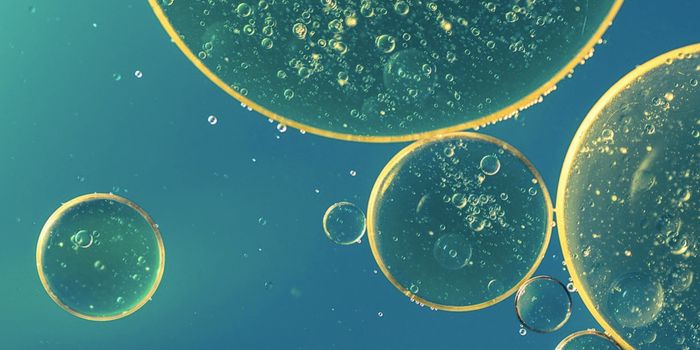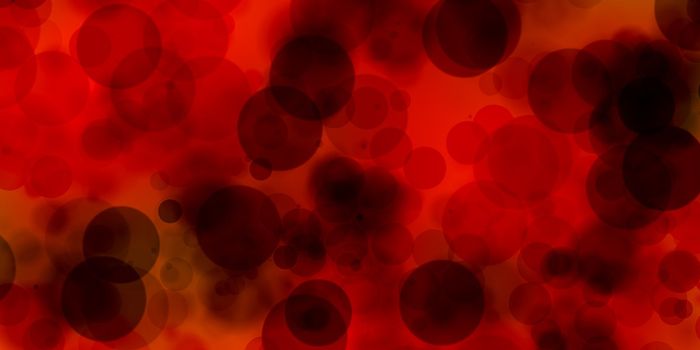Red seaweed consumption is associated with a low risk of colon cancer - but why?
New research published in Marine Drugs explains why diets high in red seaweed are associated with a low risk of colon cancer. Previous studies have suggested that individuals who eat seaweed regularly have a lower risk of colon, colorectal, and breast cancer, but the mechanisms behind this association have not been fully understood until now.
"In the past, people have wondered why the number of colon cancer patients in Japan is the lowest in the world," said Yong-Su Jin (CABBI/BSD/MME), a professor of food microbiology. "Many assumed that it was due to some aspect of the Japanese diet or lifestyle. We wanted to ask whether their seaweed diet was connected to the lower frequency of colon cancer."
The study analyzed the chemical structures of different kinds of red seaweed. The team observed that two sugars found in the seaweeds stood out as beneficial for health. The sugars are named agarotriose and 3,6-anhydro-L-galactose, or AHG.
"After we produced these sugars, we tested their prebiotic activity using the bacteria Bifidobacterium longum ssp. infantis," said Eun Ju Yun, a former postdoctoral researcher at the Carl R. Woese Institute for Genomic Biology. They found that B. infantis, a probiotic bacterium known for its health benefits, consumed the agarotriose.
"We also tested another strain, B. kashiwanohense, and found that it also consumed agarotriose," added Jin. "These results show us that when we eat red seaweed, it gets broken down in the gut and releases these sugars which serve as food for the probiotic bacteria. It could help explain why Japanese populations are healthier compared to others."
Furthermore, the researchers showed that AHG exhibited anti-cancer properties: "We found that AHG specifically inhibits the growth of human colon cancer cells and does not affect the growth of normal cells," Yun said.
"There is a lot of information on how red seaweeds are degraded by microorganisms in the ocean and in the human body," concludes co-advisor of the study Kyoung Heon Kim, who is a professor of biotechnology. "Our work explains why red seaweeds are beneficial by providing the molecular mechanism. We will continue studying their function in animal models and hopefully, we will be able to use them as a therapeutic agent in the future."
Sources: Marine Drugs, Science Daily








